Hollywood Riots
The large literature about the politics of Hollywood in the period of McCarthy and the blacklist has largely overlooked political filmmaking during those agitated years. "Hollywood Riots" examines the most vibrant cycle of independently produced political films made while House Committee on Un-American Activities was investigating communists in the film industry. In doing so, it shifts the focus from the politics of Washington to the politics of Los Angeles and from the films of the Hollywood Ten to the more politically complex films of the progressive community at large. Dibbern shows how the movies produced by progressives at the end of the 1950s, including "The Lawless", "The Sound of Fury", "The Underworld", were the logical cinematic parallel to their political and journalistic advocacy fighting the conservative newspapers. In these films they were recasting political events from California's recent past as politically-engaged narratives that were inflected with their own fears of persecution."Hollywood Riots" re-views the work of notable directoLosey and Cy Endfield, as well as introducing unheralded political screenwriters and directors such as Daniel Mainwaring, Jo Pagano, and Leo C. Popkin.
{{comment.content}}
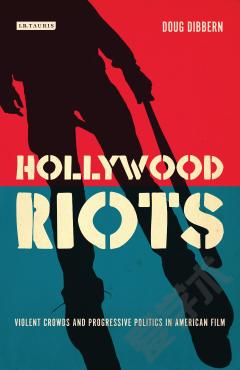

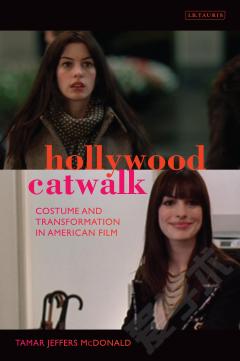

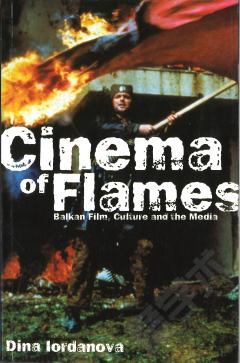
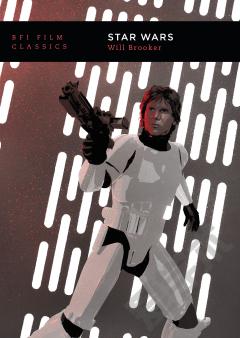
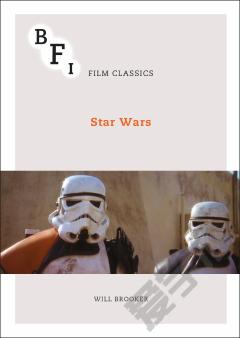

 京公网安备 11010802027623号
京公网安备 11010802027623号